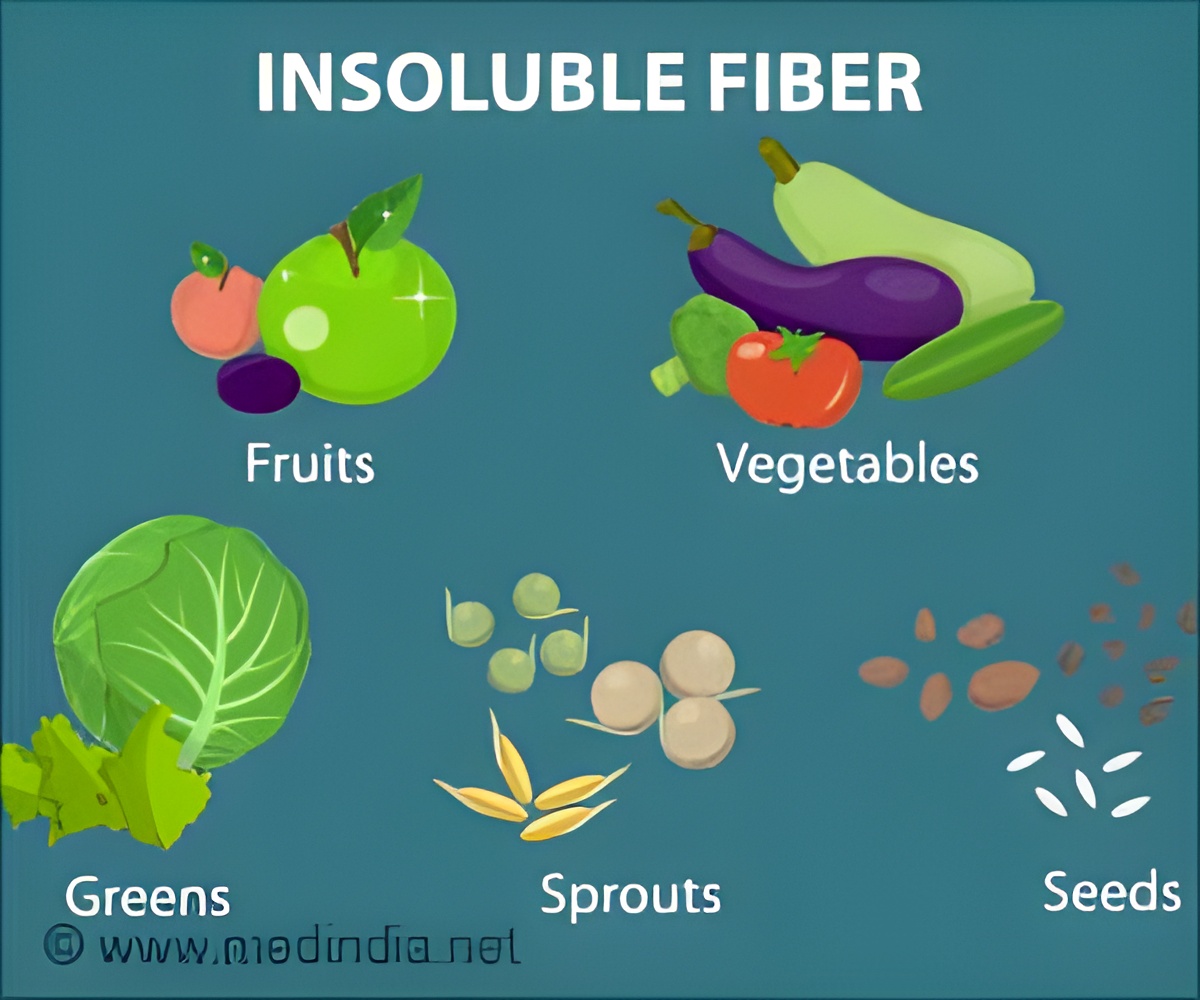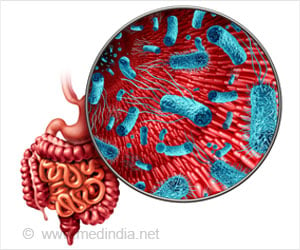Discover the surprising benefits of insoluble fiber bioactives found in plant sources and how they can support overall health and well-being.

- Insoluble fiber's bioactive are linked to reduced cardiovascular disease, cancer, and type 2 diabetes
- Different plant sources of insoluble fiber contain unique health-supporting bio-actives
- Fortifying foods with insoluble fiber bio-actives can enhance nutritional value without compromising taste
Improvement of bowel movements among people with a sedentary lifestyle after prebiotic snack supply - preliminary study
Go to source). According to new research from the University of Minnesota, there are even more reasons to prioritize fiber in our normal meals. Researchers discovered that each plant source of insoluble fiber contains unique bioactive - compounds linked to a lower incidence of cardiovascular disease, cancer, and type 2 diabetes - offering potential health benefits beyond those of the fiber itself, according to a new study published in Nutrients (2✔ ✔Trusted Source
Beyond Insoluble Dietary Fiber: Bioactive Compounds in Plant Foods
Go to source).
Fiber Intake Improves Gut Health
“People understand the need for fiber and how it relates to gut health - an area of wellness that is becoming increasingly important as scientific research continues to reveal its impact on overall health and wellbeing,” said Joanne Slavin, co-author of the paper and a professor in the College of Food, Agricultural and Natural Resource Sciences at the University of Minnesota. “Fiber is the marker of health that is included in our dietary guidelines and found on product labels, but our research indicates that we need to ensure the other valuable components of fiber-containing plant sources - the bioactives - are also recognized as providing valuable benefits for human health.”Health Benefits of Insoluble Fiber
The study compiled existing research on the health benefits of bioactive found in plant sources of insoluble dietary fiber. Researchers discovered:- Insoluble dietary fiber is found in a variety of plant foods, including fruits, vegetables, legumes, nuts, seeds, and whole grains, and each source provides distinct bioactives that support health in different ways.
- Quercetin, Resveratrol, Catechins, Anthocyanins, Lutein, Lycopene, and Beta-Carotene were discovered in a variety of plant foods that also include insoluble dietary fiber.
- Plant sources rich in bioactive and insoluble dietary fiber could be employed to boost the nutritional content of processed foods.
- Byproducts of food production such as peel, hulls, pulp, or pomace are often high in fiber and bioactive and hence provide distinct nutritional value from sustainable sources.
Fortification of Foods with Insoluble Fiber
According to consumer studies, using this fortification at a modest level did not reduce customer acceptability of the food product.“The suggestion to eat more fruits and vegetables isn’t a novel idea, but it’s something most people still struggle to do,” said Jan-Willem Van Klinken, co-author of the study and senior vice president of medical, scientific, and regulatory affairs for Brightseed. “If we can offer widely accessible fiber-fortified products that have been developed to enhance rather than negate bioactive content, we can provide consumers with increased nutritional value.”
Impact of Bioactives in Foods and Supplements on Health
This most recent study on the impact of bioactives on human health highlights the need for industry, academia, and government to work together to promote widespread knowledge and education about bioactives in food and health systems.“The collection of literature we reviewed and the results of this research can serve as a paradigm shift in how the food and health industries, as well as consumers, view insoluble dietary fiber and bioactives,” said lead author Madeline Timm, who co-authored the research for her graduate project at the University of Minnesota. “Continued research and broad inclusion of bioactive in foods and supplements can have a real impact on human health.”
Extraction and processing strategies that preserve and optimize bioactive substances will require additional investigation.
References:
- Improvement of bowel movements among people with a sedentary lifestyle after prebiotic snack supply - preliminary study - (https://pubmed.ncbi.nlm.nih.gov/35371359/)
- Beyond Insoluble Dietary Fiber: Bioactive Compounds in Plant Foods - (https://www.mdpi.com/2072-6643/15/19/4138)
Source-Medindia













